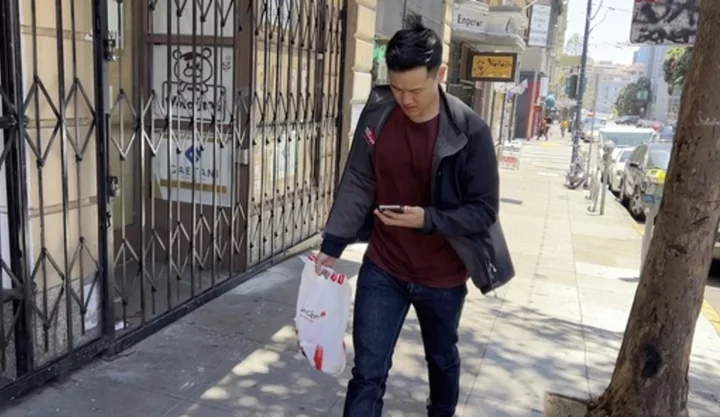Residents of Maui have suffered widespread devastation as wildfires ravage the Hawaiian island, along with Hawaii's Big Island. At least 36 people have been killed, homes and businesses have been wiped out, and nearly 11,000 customers are grappling with power outages.
The fires, fanned in part by strong winds from Hurricane Dora, have not yet been contained, and the extent of the damage isn't fully known. Rebuilding the island will likely take months or even years.
CNN Impact Your World is raising money to support relief efforts. Click here to help.
If you're looking to donate money to help those affected by the wildfires in Hawaii — or looking to support any charitable cause close to your heart — it's important to follow certain steps to ensure your money is going to the right place.
How to pick a charity
If you've decided to donate to charity but aren't sure where to begin, searching online for causes you care about with the word "charity" might be a helpful place to start — but your search shouldn't end there. Several sites help people find and support legitimate charities, including Charity Navigator, BBB Wise Giving Alliance, and CharityWatch.
Dig deeper into an organization's reputation after finding a legitimate charity you're considering supporting. Check out the organization's website and read its "About" page. It might be best to research alternatives if the charity's website does not make clear its mission or who it serves.
The US Federal Trade Commission suggests when conducting an online search of any charity, you should add the words "complaint," "review," "fraud," or "scam" to the search terms. Doing this should bring up any bad reviews or red flags about the organization.
It's also helpful to know if the group you've selected is registered as a 501(c)3, meaning it's registered as a tax-exempt non-profit. Look up the organization in the IRS's Tax Exempt Organization Search. If the charity is a registered 501(c)3, you may want to save a record of your contribution since it's tax deductible.
When you feel confident about making your donation, it's best to use a credit card or check, since those types of payments are easily traceable. After contributing to a charity, review your bank account and credit card statements to ensure you've only been charged the agreed-upon amount.
Tips for donating through a platform like GoFundMe
The best way to avoid additional fees when giving to charity is to send funds directly through the nonprofit. When donating through a platform like GoFundMe, ActBlue, or WinRed, make sure to check whether the site is keeping some of your donation as a processing fee.
There are countless social causes and crowdfunding campaigns on social media seeking donations — but be warned: occasionally, bad actors like scam artists and other fraudsters may take advantage of people's kindness.
For many crowdfunding sites, your money will first go directly to the crowdfunding organizer, and not necessarily the end-recipient of the donations. So double-check that the organizer will pass along the funds to the person or cause they claim to be supporting.
GoFundMe, one of the largest crowdfunding platforms, said fraudulent campaigns are rare and make up less than 1% of the campaigns on its platform. "An overwhelming majority of fundraisers on the site are safe and legitimate," according to the company.
There are many crowdfunding campaign platforms, and each has its own set of rules. The FTC advises consumers that the safest way to donate through social media and crowdfunding is to only donate to people you know.
Be on the lookout for scams
According to the FTC, there are some telltale signs that an organization soliciting donations isn't legitimate. In general, be wary of callers soliciting contributions. While many legitimate organizations do call for donations, make sure you listen carefully to the name of the charity, write it down, and then research it before pledging a contribution, the FTC said.
Don't let anyone rush you into donating on the phone on the spot; take time to do the proper research. Never donate with a wire transfer or gift card, which is difficult to track if something goes awry. Also, if an organization insists on a donation using cryptocurrency, another hard-to-track form of payment, that should set off alarm bells. Avoid sending funds from payment apps like Venmo or Zelle. Those apps should only be used to send money to people you know, since it's difficult to recoup funds once someone receives them.
You can report charity scams directly to the FTC or your state charity regulator.
- Scottie Andrew contributed to reporting









